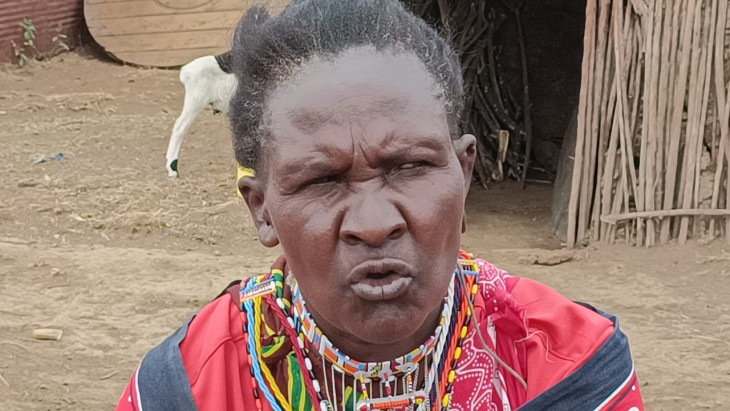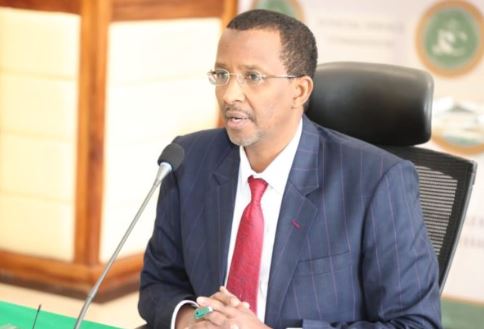Woman transforms from FGM ‘consultant’ to anti-cut warrior

The campaign against Female Genital Mutilation (FGM) in Narok County has received a boost after a renowned female circumciser quit the trade.
Naitoi Ene Ntetia, 55, of Oloirowua village in Narok East Sub-County was actively involved in cutting girls for two decades but has now transformed into an anti-FGM crusader.
The mother of eight admits to have cut more than 500 girls, from which she earned between Sh2,000 and Sh6,000 from each operation depending on the season.
“During peak seasons like long school holidays, I could cut over ten girls and get a higher payment,” she says.
Ntetia says most of the girls subjected to FGM are aged between 12 and 17, who are mostly school going children.
“It was a taboo for a man to marry an uncircumcised woman. This is the reason why many girls would pressure their parents to organise for their cut,” she adds.
Anti-FGM campaign
Ntetia confesses that when she was involved in the practice, she knew it could lead to serious complications, including excessive bleeding and infections that could turn fatal.
“It is a risky practice. Sometimes I witnessed girls bleeding profusely but we kept encouraging them that all would be well,” she says.
Her transformation was triggered by a series of awareness meetings organised by the Department of Gender in collaboration with African Medical and Research Foundation (AMREF) who sensitised local residents on the dangers of FGM.
“At first, I did not like the teachings because they were against our culture. But the trainers gave us practical examples of how the practice was ruining the lives of many young girls. I felt sad that I was contributing to making the lives of girls difficult,” she says. It was also difficult for her to give up the practice because it was her major source of income.
From what she earned, she said, she was able to comfortably feed, clothe and pay school fees for her children.
To help Ntetia get an alternative source of income, AMREF assisted her start a goat rearing project and a kitchen garden that give her income and provide her with food throughout the year.
The income is, however, not as good as what she made by cutting girls.
“I will continue championing against the vice irrespective of low income. I have joined a local church which has been mentoring me on how to move in the right direction,” she adds.
Ntetia has now become an anti-FGM crusader who openly rebukes the practice and calls on her fellow women not to subject their children to the retrogressive procedure.
“I regret that I allowed my two girls to undergo FGM. Now I am teaching them to ask whether those willing to undergo the cut were aware of the detrimental effects on the girl child,” she says in retrospect.
The Prohibition of FGM Act was enacted in 2011, which greatly contributed to efforts to protect girls and women from the harmful practice.
The Act saw the formation of Anti-FGM board that has been coordinating public awareness programmes against FGM as well as advising the government on matters relating to the practice and the implementation of the Act.
In 2019, President Uhuru Kenyatta committed to end the retrogressive culture by 2022 and called on all government agencies and NGOs to intensify the fight against FGM.















